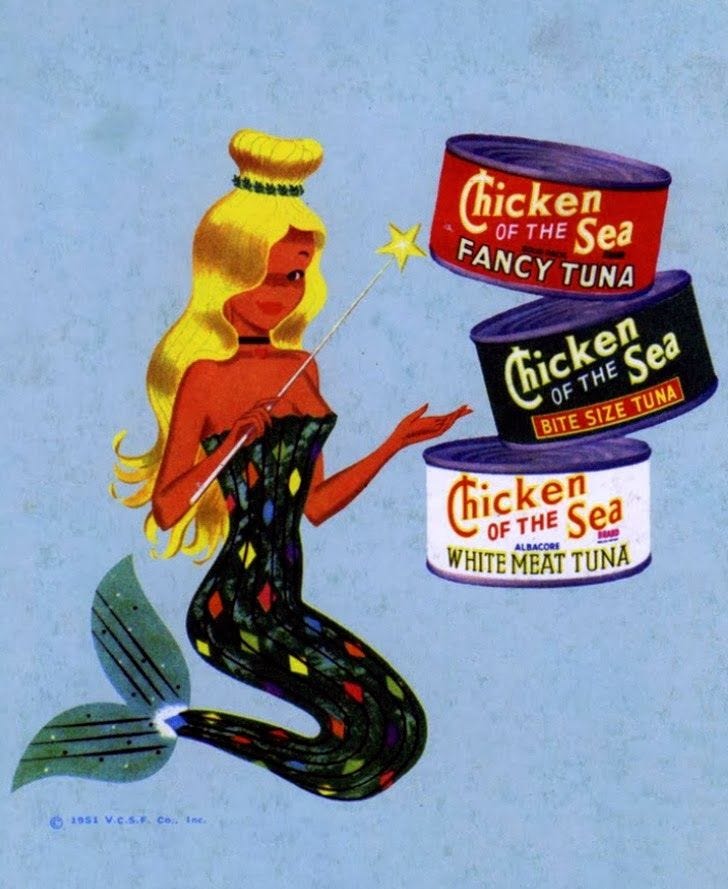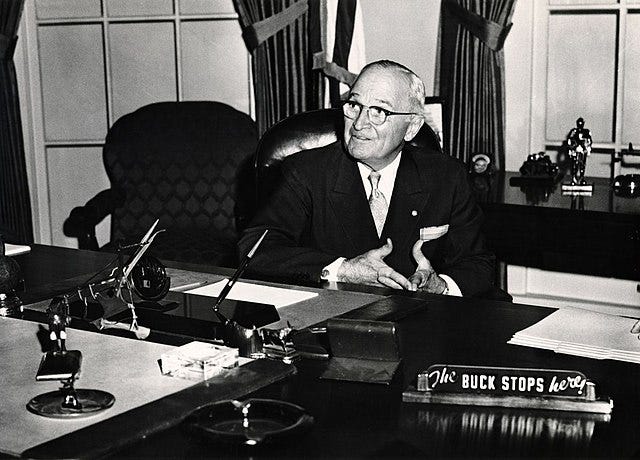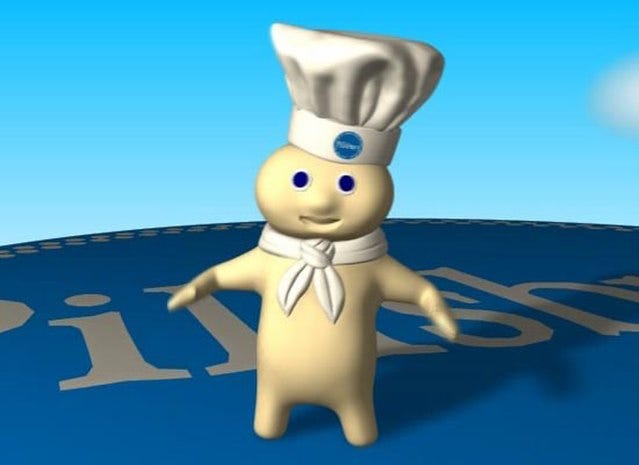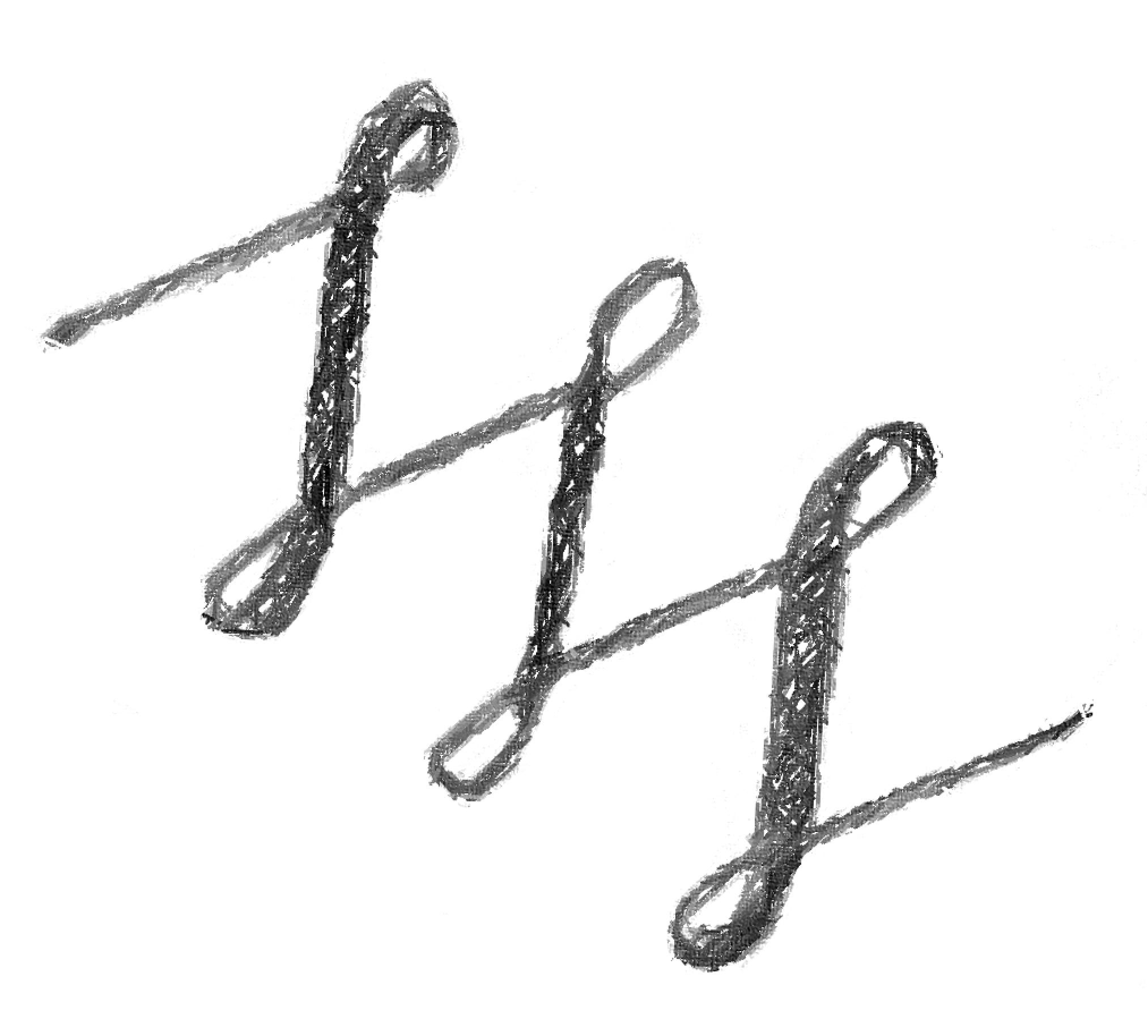Hi all,
Thank you for joining me for today’s song, “The Corporate Welfare Song”, by Anne Feeney (1998). If you’d like to hear the song before you read about it, I’ve included a YouTube video below the article. Below, you’ll find my interpretation of the lyrics which are written in italics.
✳️ Note: The level of this article is for students with a TOEIC of 550+, Eiken Pre-1, CEFR B2. For Japanese students, vocabulary words in bold are provided in Japanese below.
(1004 words)
Have you ever heard of corporate welfare? It's not like food assistance or money for low-income people. It's when big companies get money from the government. Anne Feeney's The Corporate Welfare Song talks about how unfair this is.
There are many people in high-income countries who complain that there are other citizens in their societies who live on welfare (or the dole) because they don’t want to work. This song is about how big companies are getting a lot of money from the government, but they don’t pay their fair share in taxes.
It's time to end welfare as we know it
Let's get those greedy chiselers off the dole
It's time to end welfare as we know it
Teach them a little self-control
The next few lines are using the metaphor of animals, for example hogs, that belly up or walk up to a trough, a large container from which they can eat as much as they want.
For far too long we've allowed these corporate hogs
To belly up to the public trough
No more welfare as we know it
No more handouts! Cut them off!
We should all be irate (angry) at this huge welfare state
Right here in this mightiest of nations
AFDC is disgraceful to me
The Aid to Families with Dependent Children (AFDC) was a program in the U.S. that helped families with little or no money. It started in 1935 and ended in 1997. The program gave money to families to take care of their children if they didn’t earn enough. It was run by the government. Why does the singer say it’s disgraceful? Because there is no reason why the U.S. should have families with little or no money while companies make billions of dollars in profits.
The lyrics say that “last year” (maybe 1997?), the government spent $200 billion on these companies, and if the companies paid what they should, the country would have extra money.
I'm talking aid for dependent corporations
Free enterprise! Ha! The cruelest of lies!
It cost us $200 billion just last year!
Why, if they paid their fair share
We'd have billions to spare
It's time to tell them, the bucks stop here!
The phrase "the buck stops here" was made famous by U.S. President Harry S. Truman. He had a sign on his desk in the White House with those words. It means that he took responsibility for decisions and didn’t pass the blame to someone else. If a problem came to him, he would deal with it and not say it was someone else's job to fix. Here, Feeney says the buckS (free money) stops now.
Let's consider Charlie Hurwitz -- the CEO at maxxam
Holding redwood forests hostage in a vicious little tax scam
The lyrics give an example of a CEO named Charlie Hurwitz who was involved in some bad business practices, like taking money from a bank and not paying it back.
It's clear cut we've picked up the tab for Charlie's union busting
And paid him to pollute our waters -- Jesus, that's disgusting
Now Charlie won't repay $500 million that he stole
From a Houston S&L -- what's say we kick him off the dole?
In the 1980s, many savings and loan (S&L) banks got into financial trouble. They made bad investments and couldn't pay back the money people had put into the banks. The government had to use taxpayer money to bail out these banks.
The song also mentions some famous brands, like Taco Bell and McDonald’s, and how they get money from the government in ways that are unfair.
That Taco Bell chihuahua begs for bucks for Frito Lay
& “Poppin Fresh" from Pillsbury needs more dough every day
The word dough has two meanings: 1) ingredients such as flour, water, sugar mixed together to make bread, 2) money.
That thief Ronald McDonald and his sidekick (friend) Mayor Mc Cheesey (a character in McDonald’s advertising)
Hamburglarize our treasury in ways that make me queasy
Hamburglarize is a word created for this song. The word burglarize means to break into a store or home in order to steal things from it. Hamburger connected to burglarize is humorous.

That nasty little mermaid takes tax dollars overseas
To hire thugs to bring poor Haitian workers to their knees
Star Kist, a tuna company, has faced problems about sustainable fishing practices and the treatment of workers. The company used a mermaid in its advertising.
They've been picking every pocket here from sea to shining sea
We must intervene to break this cycle of dependency
ADM & Cargill, General Motors, Ford & Boeing
ITT & Lockheed and the welfare line keeps growing
ADM and Cargill are enormous corporations that produce food products or grow things like soy beans to be used for animal feed. They have had problems with pollution, contaminated meat and poultry feed, and with not following decisions to end deforestation in Brazil. Boeing and Lockheed are airplane companies. The government has sometimes given them money to help them develop new airplanes.
In 1979, the Chrysler car company was in big trouble. It was losing money and almost went out of business. The government stepped in and gave Chrysler a lot of money to help it survive. Other car companies such as General Motors and Ford receive benefits such as loans and tax credits.
The songwriter believes these companies should not be getting help from the government anymore, especially when there are people in need who aren’t getting the support they deserve. The main message is that the government should stop giving money to these greedy companies.
Now Congress says we can't afford to subsidize the needy
But before we slash the safety net, let’s tell the truly greedy
Corporate welfare is important to understand because it affects everyone. When the government gives money to big companies, it's like taking money from all of us. Some people argue that corporate welfare is unfair and that the government should focus on helping small businesses and people who need it most.
Question
As a language learner, what questions do you have about the vocabulary or phrasing in the article or in the lyrics?
Vocabulary
welfare 福祉
the dole 失業手当
greedy 貪欲
chisler だまし取る人
hog 豚
belly up 近くに移動する
trough 動物が食べたり飲んだりするための細長い開いた容器
irate 怒り
disgraceful 恥ずべき
union busting 組合潰し
bail out 救済
thug 悪党
picking every pocket (誰か)のポケットから盗む
contaminated 汚染
subsidize 補助金
slash 削減
Note: Unless otherwise noted, all images are from Wikimedia Commons, public domain
Sources
Encyclopædia Britannica, inc. (n.d.). Encyclopædia Britannica. https://www.britannica.com/money/Chrysler Accessed 12 Sept 2024.
Factbox: No bailout, but Ford sees government benefits. (2010 August 6). Reuters. ( https://www.reuters.com/article/world/factbox-no-bailout-but-ford-sees-government-benefits-idUSTRE67458H/ Accessed 12 Sept 2024.
Global Ag Media. (2024, June 12). Manufacturing issue behind ADM recall of animal feed products. The Poultry Site. https://www.thepoultrysite.com/news/2024/06/manufacturing-issue-behind-adm-recall-of-animal-feed-products Accessed 4 Sept 2024.
NPR. (2008, November 12). Examining Chrysler’s 1979 rescue. NPR. https://www.npr.org/2008/11/12/96922222/examining-chryslers-1979-rescue Accessed 4 Sept 2024.
Vallette, J. (2001, June). Hurwitz's Power Grab. Multinational Monitor, Vol. 22, Iss. 6: 16. https://www.proquest.com/openview/d33de25585789a569f44247fea73f177/1?pq-origsite=gscholar&cbl=48578 Accessed 4 Sept 2024.
Wikimedia Foundation. (2024, August 20). Aid to families with Dependent Children. Wikipedia. https://en.wikipedia.org/wiki/Aid_to_Families_with_Dependent_Children Accessed 12 Sept 2024.
Wikimedia Foundation. (2024a, June 16). Charles Hurwitz. Wikipedia. https://en.wikipedia.org/wiki/Charles_Hurwitz Accessed 4 Sept 2024.
Yaffe-bellany, D. (2019, July 29). From environmental leader to “worst company in the World.” The New York Times. https://www.nytimes.com/2019/07/29/business/brazil-deforestation-cargill.html Accessed 4 Sept 2024.
#英検2級 #TOEIC #protestsong #protestmusic #annefeeney









Louise, thank you for your explanation about "And this means stadiums." Mitsuru
Dear Louise,
Thank you for directing my attention to the meaning of “handouts” in “No more handouts! Cut them off!” I thought they were pieces of paper to be given to people in a meeting, for instance.
And also to the difference between “buck” and “buckS” by capitalizing the “S.” I now know the difference. Thank you.
Can I ask you a question about a part that is not covered in your newsletter?
I watched the video and the last part goes like this:
4:06 No more handouts, cut them off
4:08 And we mean business
4:10 No more handouts, cut them off
4:12 And this means stadiums.
4:14 No more handouts, cut them off
What does “And this means stadium?”
Mitsuru Hiki